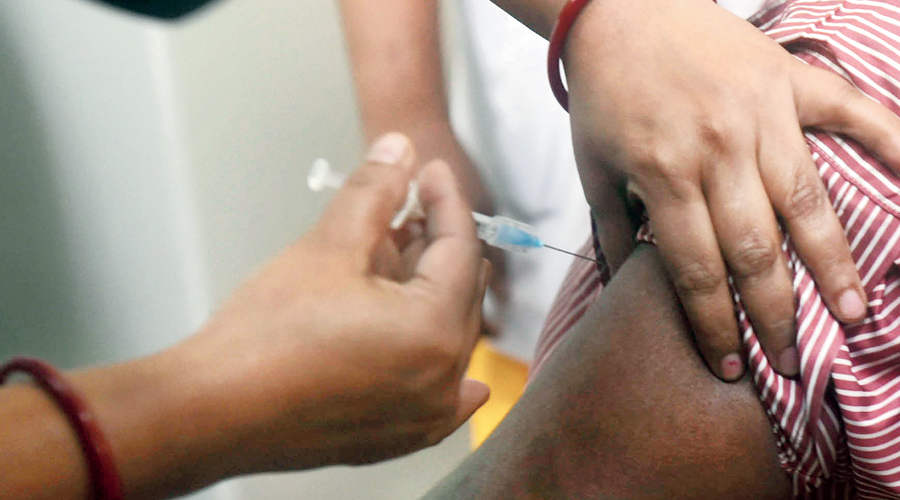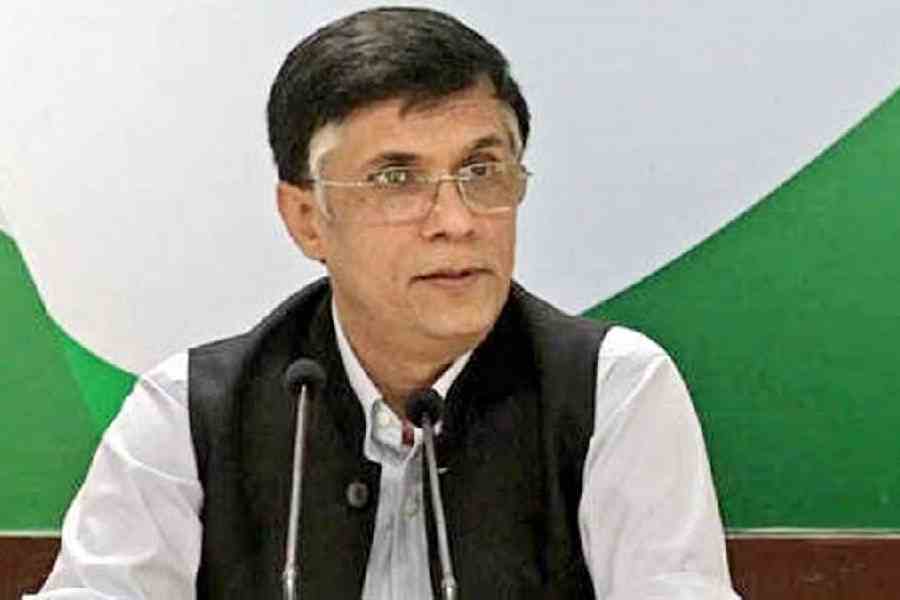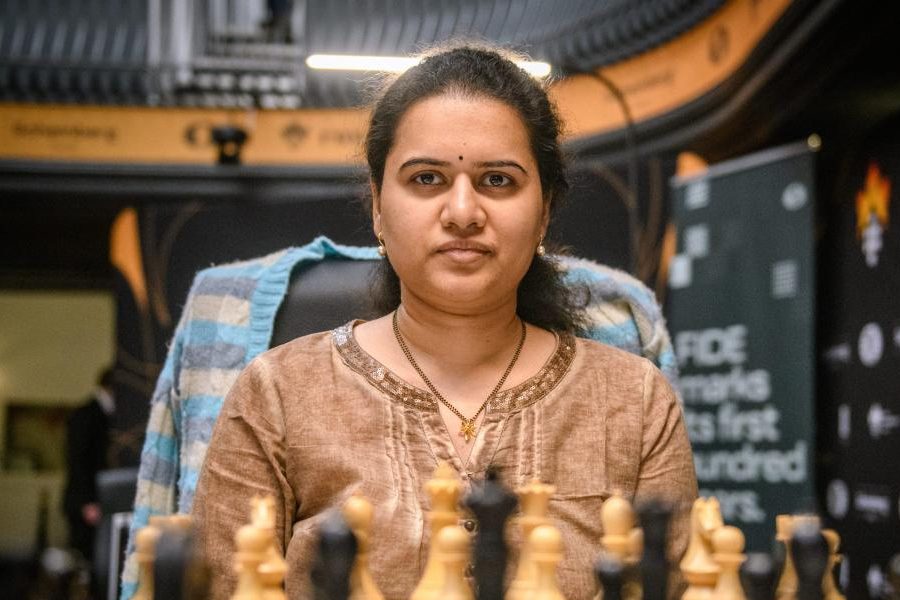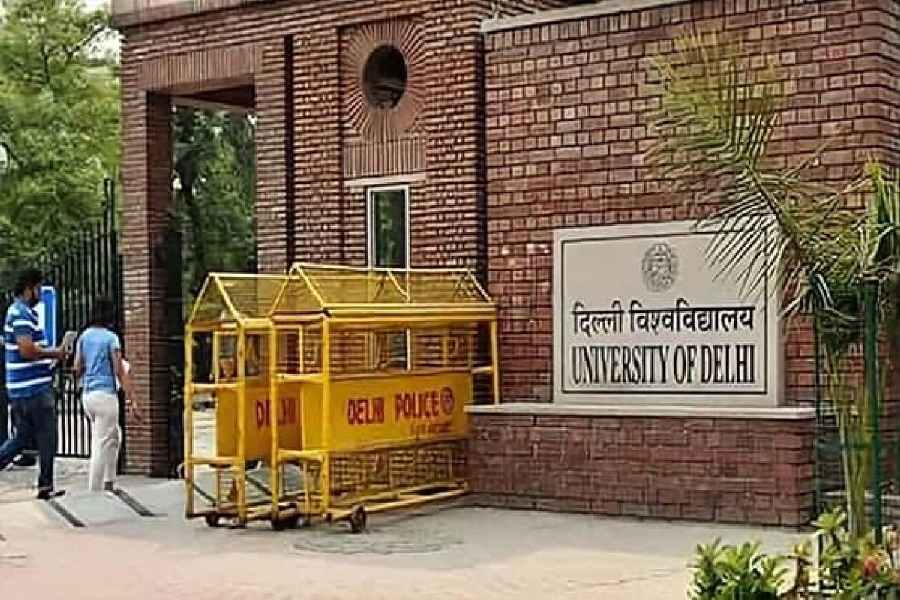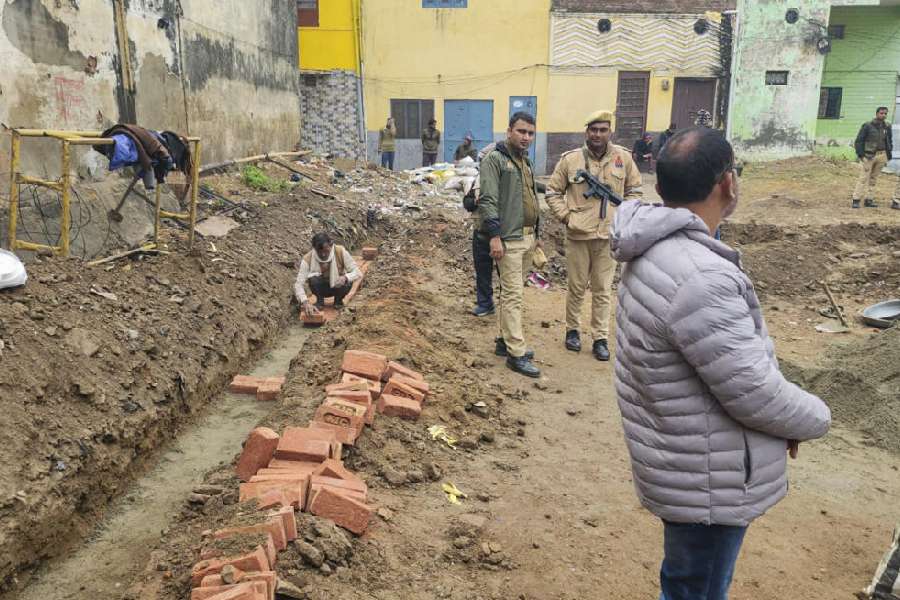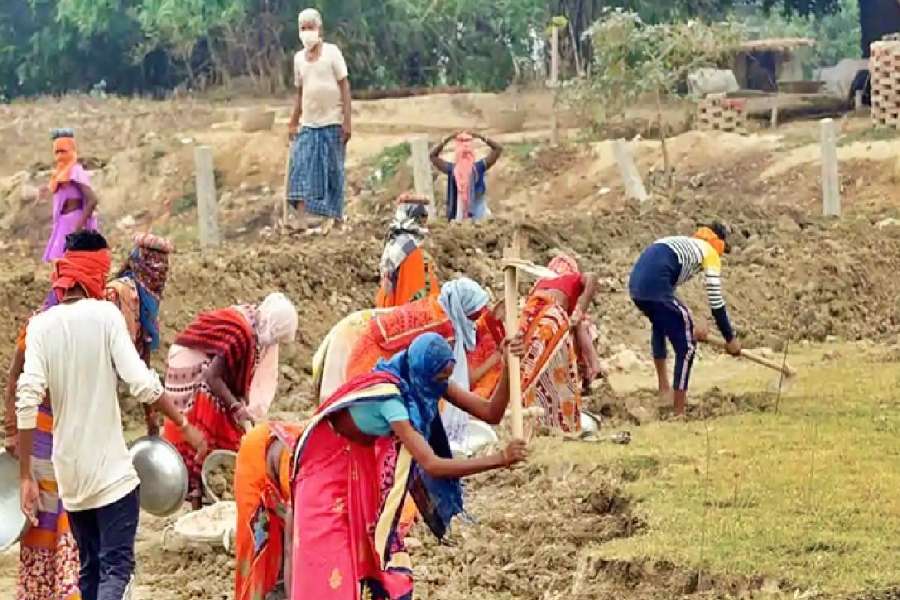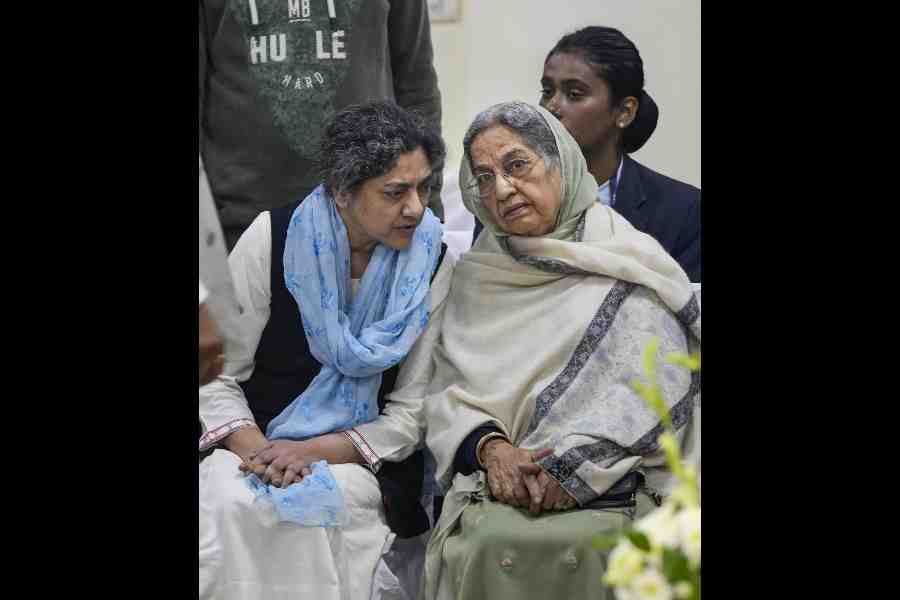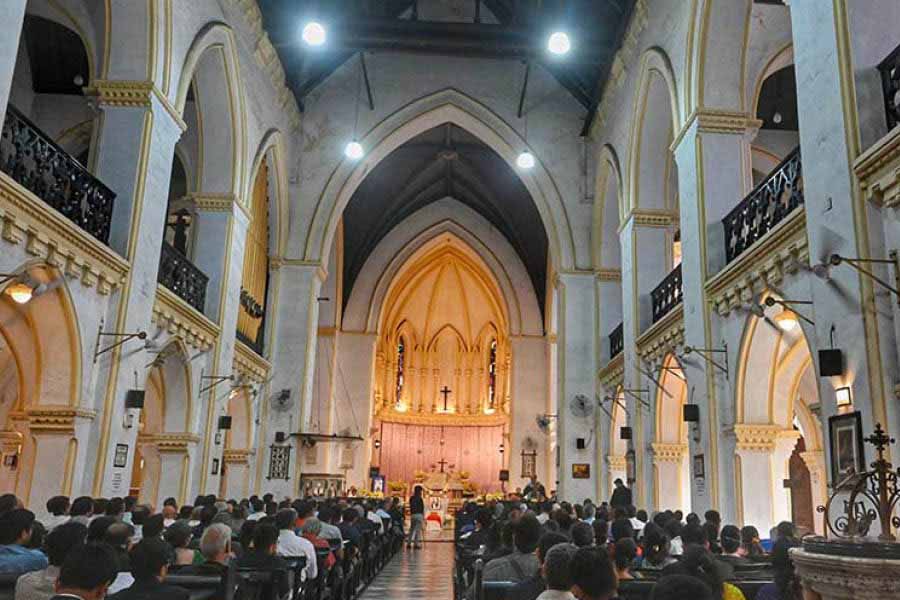As India gears up to vaccinate people above 60 years of age and those over 45 years with comorbidities against COVID-19 from March 1, the Union Health Ministry on Friday said the facility of on-site registrations will be available so that eligible beneficiaries can walk into identified vaccination centres, get themselves registered and get inoculated.
The beneficiaries will be able to self-register in advance by downloading the Co-WIN 2.0 portal and through other IT applications such as Arogya Setu etc which will list the government and private hospitals serving as COVID-19 vaccination centres (CVCs) with the date and time of the available schedules.
The beneficiary would be able to choose the CVC of his/her choice and book an appointment for immunization, the ministry said.
Vaccination will be free of charge at the government vaccination centres. Those taking the COVID vaccine at any designated/empanelled private health facility will have to pay a pre-fixed charge, it said.
The Centre shared this information with Health Secretaries and MDs (National Health Mission) of states and UTs during a high-level meeting which was chaired by Rajesh Bhushan, Union Health Secretary, along with Dr R. S Sharma, Chairperson of the Empowered Group on Vaccine Administration (Co-WIN) and member, National Expert Group on Vaccine Administration of COVID-19 (NEGVAC) on the vaccination of age-appropriate groups through a video conference.
The nationwide COVID-19 vaccination drive was launched on January 16. This is now to be exponentially expanded to the vulnerable age-groups -- all citizens above 60 years and those within the age bracket of 45 to 59 years with specified co-morbidities --from March 1.
The states and UTs were explained the basic features of version 2.0 of the digital platform CO-WIN, which is a population-scale software with capacity of processing several thousands of entries, the ministry said.
"The new phase of vaccination of age-appropriate groups will expand the COVID vaccination in the country manifold. With a citizen centric approach, the fundamental shift in this phase is that citizens in the identified age groups, as also those healthcare and frontline workers who have been missed out or left out of the present phase of vaccination, can select vaccination centres of their choice," it said.
Secondly, the private sector hospitals will be involved as COVID-19 vaccination centres to harness their potential to expand the vaccination capacities, it stated.
It was pointed out that all CVCs must be government-run health facilities such as SHCs, PHCs, CHCs, Ayushman Bharat Health and Wellness Centres, Sub-Division Hospitals, District Hospitals and Medical College Hospitals or private hospitals empanelled under Central Government Health Scheme (CGHS), Ayushman Bharat- Pradhan Mantri Jan Aarogya Yojana (AB-PM JAY) and similar State Health Insurance Schemes.
States and UTs were asked to ensure that private health facilities mandatorily must have adequate space for the vaccination process, as detailed in the comprehensive SOPs issued by the Ministry, basic cold chain equipments, their own team of vaccinators and staff, and adequate facility for management of any AEFI cases for using them as CVCs.
All beneficiaries, regardless of the mode of access, will have to carry any one of the following photo ID document -- Aadhar Card, Electoral Photo Identity Card (EPIC), Photo ID card specified at the time of registration in case of online registration (if not Aadhar or EPIC), certificate of co-morbidity for citizens in age group of 45 years to 59 years (signed by a registered medical practitioner), employment certificate/ Official Identity Card (either but with photo and date of birth) for HCWs and FLWs.
States and UTs were explained the simplified process of registration, which shall be through three routes -- Advance Self-Registration, On-site Registration, and Facilitated Cohort Registration.
Under the first route, beneficiaries will be able to self register in advance by downloading the Co-WIN 2.0 portal and through other IT Applications such as Arogya Setu etc.
"This will show the government and private hospitals serving as CVCs with date and time of the available schedules. The beneficiary would be able to choose the CVC of his/her choice and book an appointment for vaccination.
"The facility of on-site registration allows those who cannot self register in advance to walk into the identified CVCs and get themselves registered on-site and then vaccinated," the ministry said in a statement.
Under the facilitated Cohort Registration mechanism, the state and UT government will take proactive lead, the ministry said in the statement.
Specific date(s) for COVID vaccination will be decided where target groups of potential beneficiates will be vaccinated. State and health authorities will ensure that the target groups are actively mobilised and brought to the vaccination centres. ASHAs, ANMs, Panchayati Raj representatives and Women's Self Help Groups (SHGs) will be utilized for mobilizing the target groups.
"Under all the above three routes, all beneficiaries would be captured on Co-WIN 2.0 platform and would be issued digital QR Code based provisional (on receiving the first does) and final (on receiving second dose) certificates.
"These can be downloaded from the link shown in the SMS the beneficiary shall receive after the vaccination," the ministry informed.
Print outs of these certificates can also be taken from the vaccination centres.

